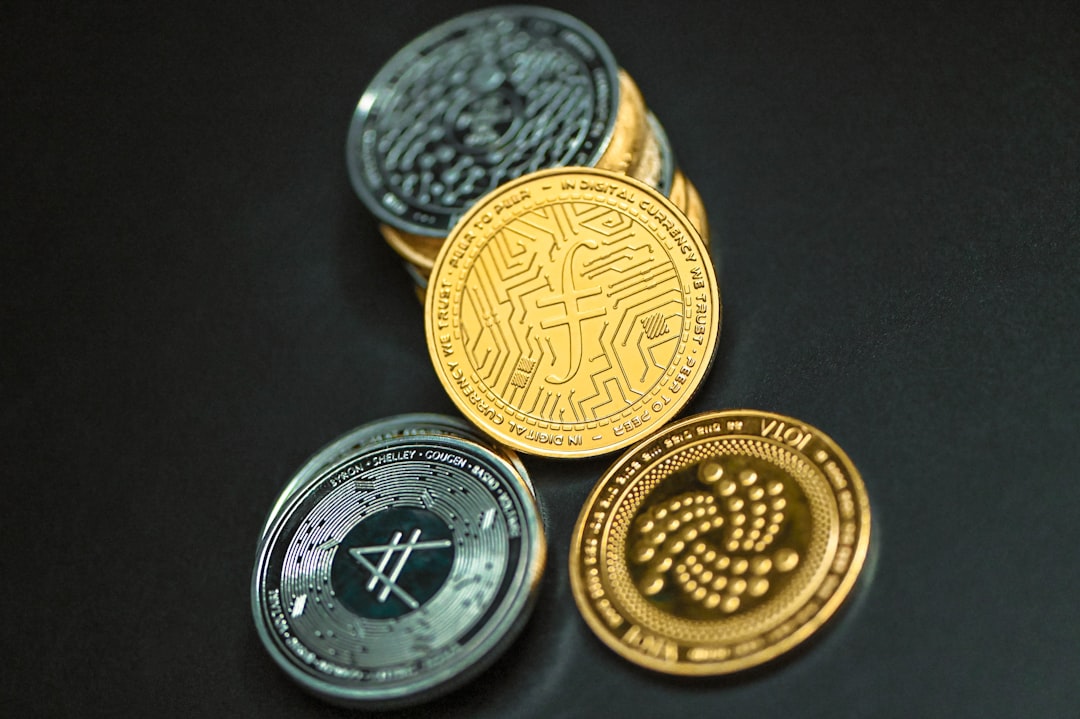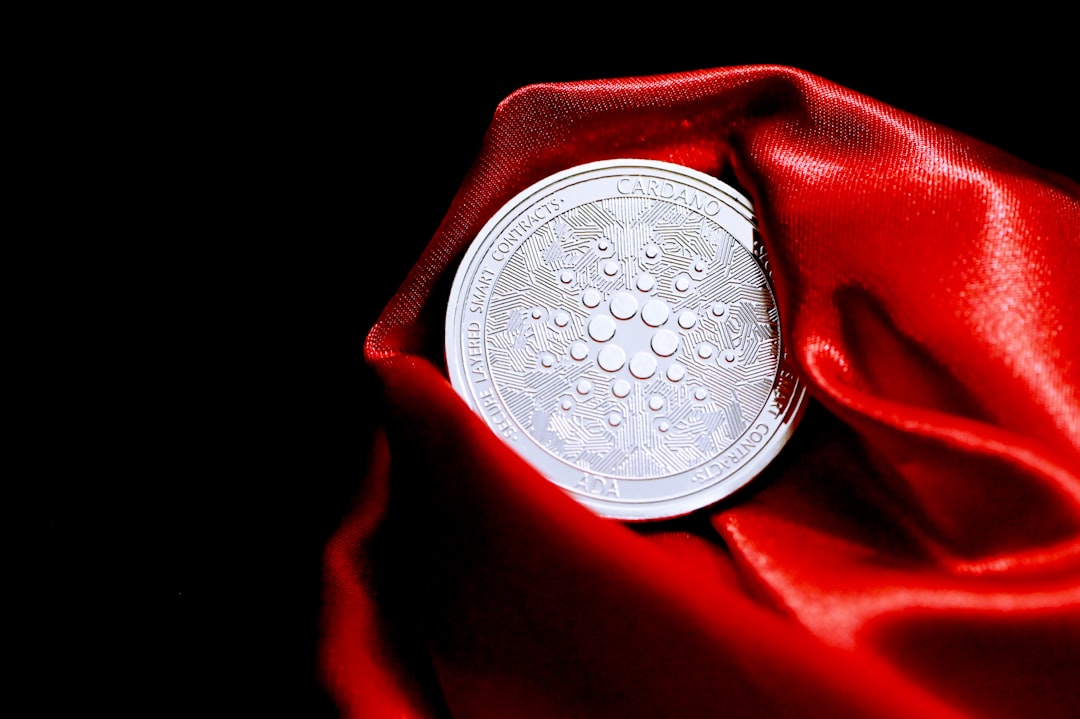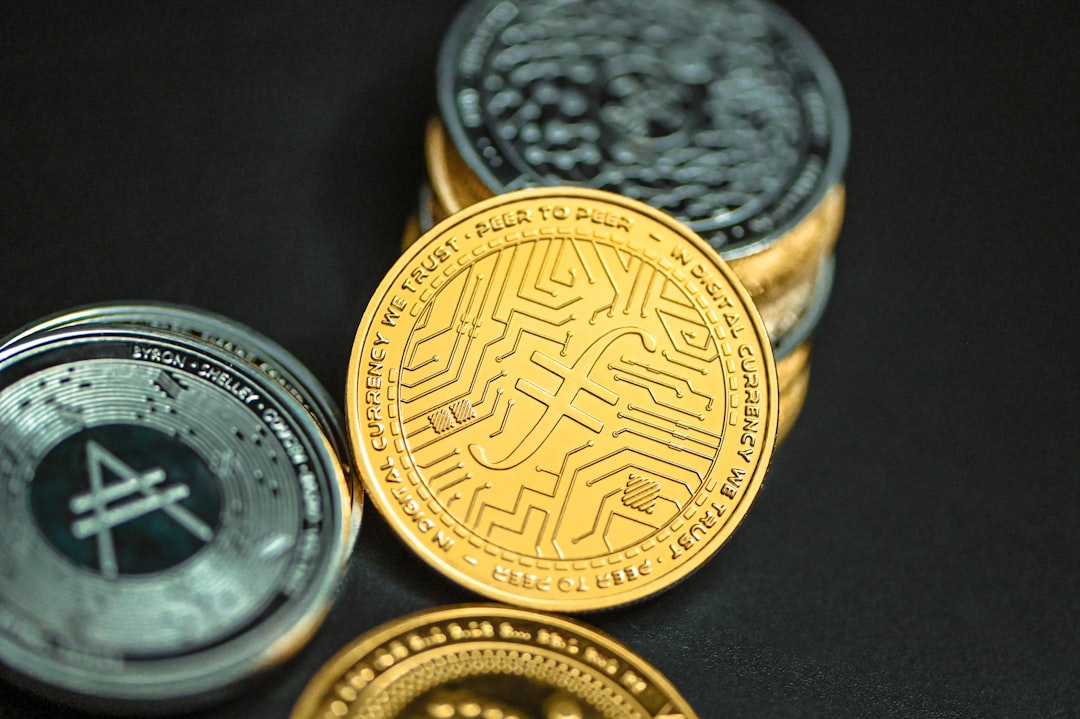
Mongkok USDT Swap Shop: Who is manipulating hundreds of millions of black gold in the gray area?
On the third floor of the Presidential Commercial Building in Mongkok, fifteen cryptocurrency exchange stores are densely lined up with glass doors plastered with slogans that read, "Exchange USDT instantly". There is no gold bullion or jewelry for sale here, but there is an even more secret wealth - tens of millions of USDT come in and out every day, forming the most special financial undercurrent in Hong Kong. Who are the saints that have turned this shopping mall into the hub of the Southeast Asian money laundering network?
Cross-border crime syndicates' "digital wallets"
"If you want to launder money, use electronic wallets, no need to register with real names. The outspoken "code of conduct" of the person in charge of one of the replacement stores reveals the core logic of this gray business. As a stable currency pegged 1:1 to the U.S. dollar, USDT avoids the risks of Bitcoin's volatility while retaining the anonymity of cryptocurrency. It is through these swap stores that fraud syndicates in Myanmar's Asia Pacific Intelligent Industry New City (APII) are turning their proceeds into untraceable digital assets.
From the fieldwork, it was clear that half of the swap stores had "No Registration, Instant Redemption" signs on their counters. Criminals only need to send "runners" to bring cash to the shop, and within five minutes they can obtain an anonymous wallet containing USDT. Some merchants even offer a "one-stop-shop" service: converting black money into USDT, then converting it to other cryptocurrencies through offshore exchanges, and finally cashing out on overseas fiat markets, thus breaking the chain of funds.
An "underground casino" for speculative retailers
"Entry threshold starts from $0, and the handling fee is as low as $0." The staff of a swap store is enthusiastically wooing white-collars passing by. The customers here are not only multinational criminals, but also speculators who seek huge profits. Compared to the complicated KYC certifications required by formal exchanges, Mongkok Swap Shop offers the convenience of "buy-on-site", attracting a large number of mainlanders who want to bypass foreign exchange controls.
It's worth noting that these stores are skilfully navigating the edges of the law - according to current regulations, no real-name registration is required for transactions below HK$120,000 per transaction. Customers will split multiple small transactions, just like ants moving in and out," said the operator. Some actuaries have even devised the "9 in 11 out" model: first buying USDT with HK$90,000, then enlarging the principal through offshore leveraged trading, and finally repatriating $110,000 in "clean funds", perfectly avoiding the regulation of both places.
The "Financial SAR" in a Regulatory Vacuum
When you walk into a modernly decorated exchange store, there is a notice on the wall that says "Voluntary KYC Certified," but the counter staff adds in a low voice, "You don't have to leave your information unless you want to exchange more than $120,000." This selective compliance chaos stems from the lack of clear regulations on OTC (over-the-counter) trading in Hong Kong. Even though some traders have joined the "Know Your Client" program, the actual implementation of the program is virtually non-existent.
What's even more staggering is the symbiotic relationship between swap stores and "mines". A merchant confessed, "We have a partnership with a blockchain company in Myanmar, and USDT can be transferred directly into the Fincy payment system." The payment software, developed by Singapore's BCB Innovations, has become a money laundering tool for fraudsters in Asia-Pacific cities. By the time law enforcement tracked it down to Hong Kong, the funds had already evaporated through the transnational blockchain network.
The Ultimate Game of Technology and Humanity
Cryptocurrency ATMs in the Presidential Commercial Building are always full of hurried coin-changers. What they may not know is that they are engaged in a globalized regulatory war. Swap store employees have five types of instant messaging software on their cell phones, ready to receive the latest "risk-control instructions", while law enforcement agencies are developing on-chain tracking systems in an attempt to capture the flow of money in the digital maze.
The most ironic part of this game is the double-sided nature of technological empowerment. Blockchain technology was originally created for the pursuit of financial transparency, but has degenerated into a hotbed of crime in the absence of regulation. While the owner of a swap store was proudly displaying his "anti-tracking wallet," the merchant next door was reporting a crime - he had just discovered that his USDT had been transferred to the address of a mining pool in North Korea.
Standing on the Nathan Road Flyover overlooking Mongkok at night, the neon light boxes of cryptocurrency exchange stores stand next to traditional pawnshops. It is a testing ground for financial innovation and a siren's mirror for human greed. As governments scramble to embrace the Web 3.0 wave, perhaps it's time to ask: Are we ready to face the dark side of a decentralized world?
Disclaimer: The contents of this article are for informational purposes only and should not be construed as any form of promotion, investment advice, or invitation, solicitation or recommendation of any investment product.
The contents of this article have been reprinted.offensiveIf there is anything wrong, please contact us and we will remove it immediately, thank you.
Readers should make their own assessment and seek professional advice.





